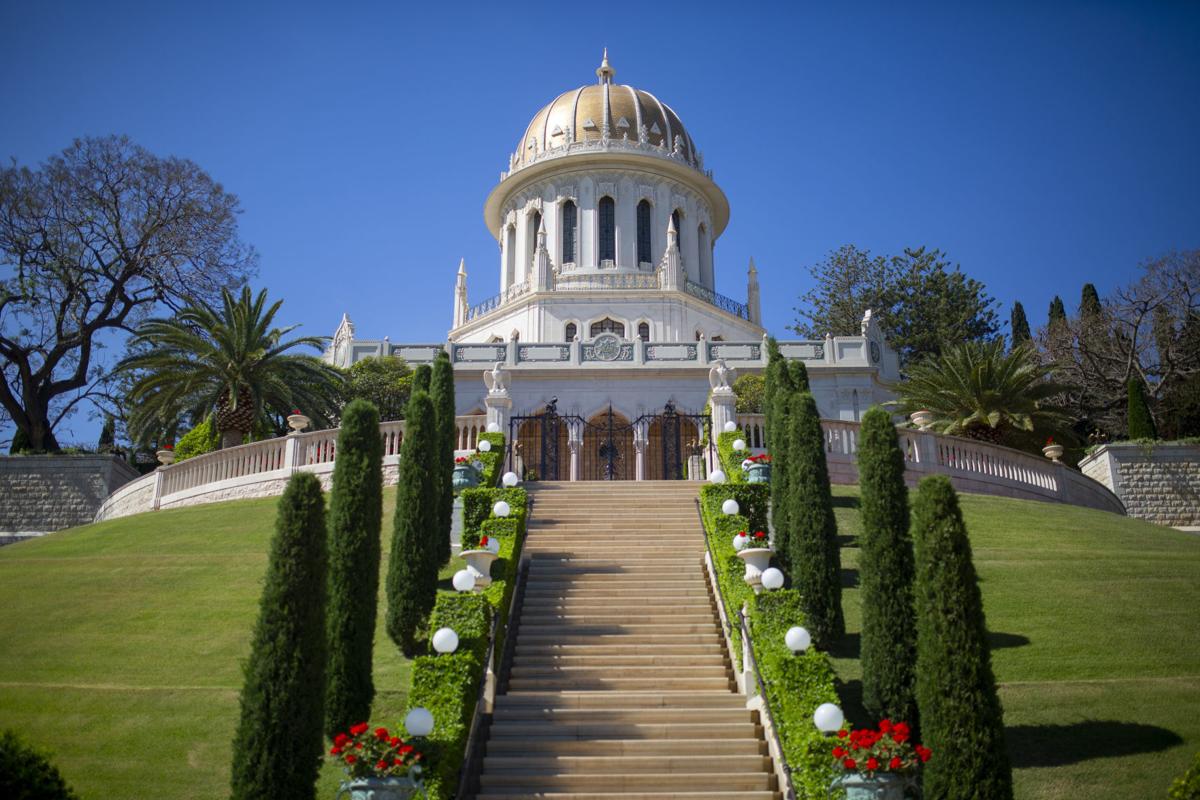
The noted author, Marzieh Gail, in her brief introduction to Bahá’í history wrote:
A columnist once said that the biggest scoop of all time would be the news of the return of Christ. He was mistaken. The return of Christ would never make the front page. The reason is this: When a man appears calling himself the Messiah, he does not look as people expect him to look. There is no light around his head—the light is added by painters, long after he has died. He eats, walks, talks. He comes from a community where he has been known for years. And when he suddenly announces himself as a prophet, as one with a new message from God, his community laughs at him. Everybody knows, people say, that the Messiah will come seated on a throne, or riding on a cloud, and will preach the same religion that the priests are already preaching in the temples. They laugh. The man continues to say that he is the servant of a Spirit that he cannot resist. The laughter grows to anger. Why is he so obstinate in his claim, this man they have known since he was a child. A few listen to him, and bear the hatred of the rest. The laughter stops. The hatred rises. The prophet is shut away— chained—perhaps killed. But his voice goes on. People far away listen to it. Then…men and women in countries across the world build temples in the name of the man whose own people put him to death. This drama is played all over again, every once in a while in human history. It has been played again, almost in our time. It did not make the headlines.
Since many readers may be unfamiliar with the major figures of the Bahá’í Faith, the following basic facts may prove helpful. A more detailed presentation of the Bahá’í history will be made later in Chapter 10.
The Bahá’í Faith literally means The Glorious Faith—the Faith that manifests the Glory of God. Bahá’í means “one who is enlightened and glorified.”
The Báb. On May 23, 1844, a young man entitled the Báb (the Gate) declared the dawning of a new Day in the religious history of the world. The youth came from Shíráz in southern Persia. He announced that God would soon send a World Teacher and Savior to bring peace and order, to unify all humanity, and bring a new creation (“a new race of man”) into being. Within the brief span of His ministry (1844-1850), the Báb attracted many followers, thousands of whom were massacred, mostly by the order of fanatical religious leaders of Islam. The Báb Himself was imprisoned and finally executed in 1850 by a firing squad of 750 soldiers.
Bahá’u’lláh. In 1863, a nobleman entitled Bahá’u’lláh (Glory of God) announced that He was the World Teacher promised by the Báb and expected by humanity since the dawn of history. Like His Herald, the Báb, Bahá’u’lláh encountered relentless opposition and oppression throughout His ministry. His imprisonment and exile lasted for 40 years. He often referred to His sufferings with both a sense of submission and honor—submission because He welcomed that which was ordained for Him, honor because He suffered for the sake of others—to bring hope and love to the heart of humanity, and peace and justice to the world. Bahá’u’lláh’s Writings equal a hundred volumes, offering teachings and unveiling “all the truth” (John 16:13) that humanity will need for at least a thousand years.
‘Abdu’l-Bahá. Before His passing in 1892, Bahá’u’lláh appointed His eldest son, ‘Abdu’l-Bahá (Servant of Glory), to serve as the Interpreter and Exemplar of His teachings and the Center of His Covenant. ‘Abdu’l-Bahá is also known as the Mystery of God. His station is not that of the Báb or Bahá’u’lláh, but of the Perfect Exemplar or Model for all to emulate. ‘Abdu’l-Bahá traveled to many countries, spreading the teachings of the new religion.
Shoghi Effendi. Shoghi Effendi, grandson of ‘Abdu’l-Bahá, did not consider himself one of the central figures of the Bahá’í Faith, yet he occupies a position of preeminence. After the passing of ‘Abdu’l-Bahá, he served as the appointed Guardian of the Faith. His chief accomplishment was the building of the Administrative Order of Bahá’u’lláh, which constitutes a pattern for the future World Order—an Order called by Christ the City that comes from heaven (Rev. 21:1-4).
Universal House of Justice. Shortly after Shoghi Effendi’s passing, the responsibility of leadership in the Bahá’í Faith was assumed by that universal assemblage, that supreme elected institution called by Bahá’u’lláh The Universal House of Justice. Its members represent and receive the full support of the entire Bahá’í community, which encompasses over two hundred countries and territories throughout the world.



